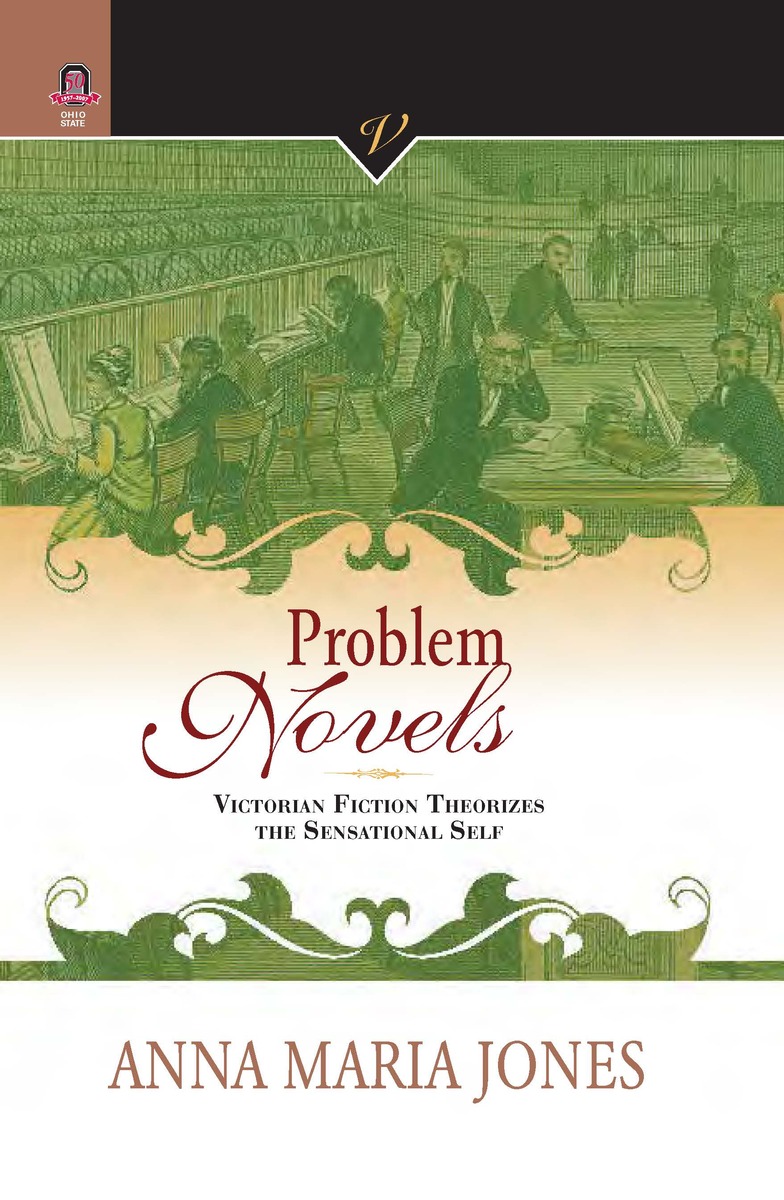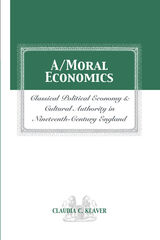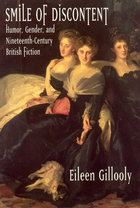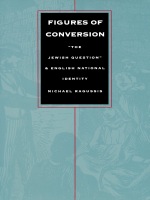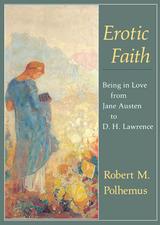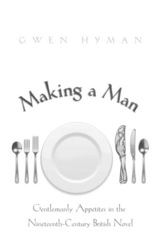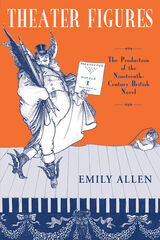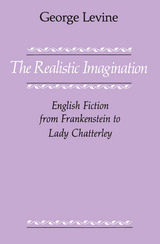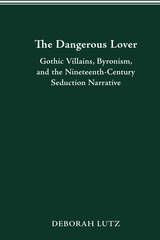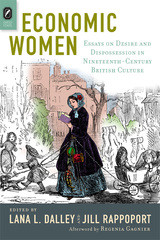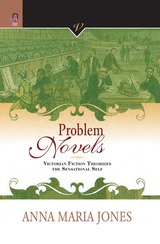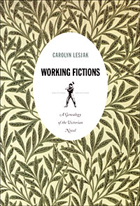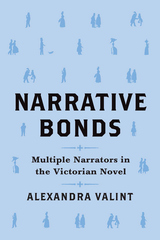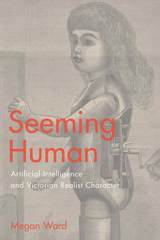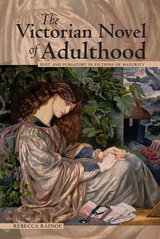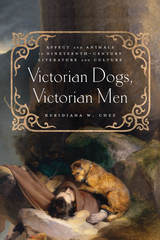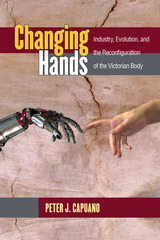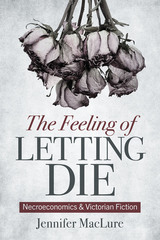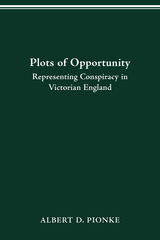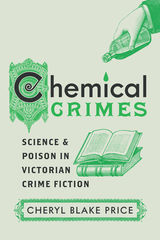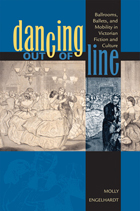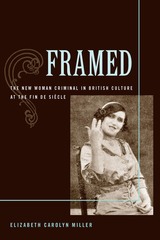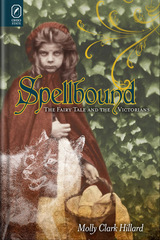PROBLEM NOVELS: VICTORIAN FICTION THEORIZES THE SENSATIONAL SELF
The Ohio State University Press, 2007
Cloth: 978-0-8142-1053-6 | eISBN: 978-0-8142-7951-9 | Paper: 978-0-8142-5651-0
Library of Congress Classification PR871.J66 2007
Dewey Decimal Classification 823.809353
Cloth: 978-0-8142-1053-6 | eISBN: 978-0-8142-7951-9 | Paper: 978-0-8142-5651-0
Library of Congress Classification PR871.J66 2007
Dewey Decimal Classification 823.809353
ABOUT THIS BOOK | AUTHOR BIOGRAPHY | REVIEWS | TOC
ABOUT THIS BOOK
In Problem Novels, Anna Maria Jones argues that, far from participating “invisibly” in disciplinary regimes, many Victorian novels articulate sophisticated theories about the role of the novel in the formation of the self. In fact, it is rare to find a Victorian novel in which questions about the danger or utility of novel reading are not embedded within the narrative. In other words, one of the stories that the Victorian novel tells, over and over again, is the story of what novels do to readers. This story occurs in moments that call attention to the reader’s engagement with the text.
In chapters on Wilkie Collins, Anthony Trollope, and George Meredith, Jones examines “problem novels”—that is, novels that both narrate and invite problematic reading as part of their theorizing of cultural production. Problem Novels demonstrates that these works posit a culturally imbedded, sensationally susceptible reader and, at the same time, present a methodology for critical engagement with cultural texts. Thus, the novels theorize, paradoxically, a reader who is both unconsciously interpellated and critically empowered. And, Jones argues, it is this paradoxical construction of the unconscious/critical subject that re-emerges in the theoretical paradigms of Victorian cultural studies scholarship. Indeed, as Problem Novels shows, Victorianists’ attachments to critical “detective work” closely resemble the sensational attachments that we assume shaped Victorian novel readers.
See other books on: American fiction | English fiction | Self in literature | Sensationalism in literature | Theory, etc
See other titles from The Ohio State University Press
